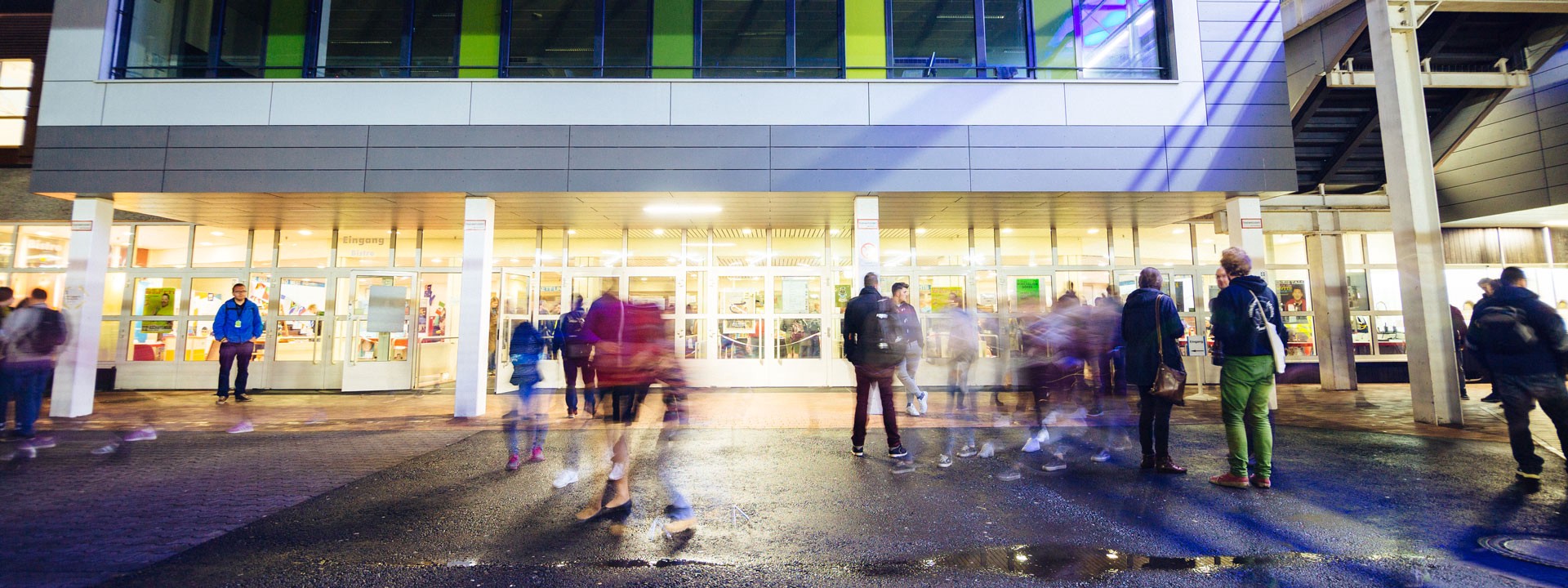
First Word: Practicing radical and life-changing reconciliation
Events such as last week’s terrorist attack in Manchester reminds us all too well of the strife, wars and conflict littered across our world.
Whether it’s international terrorism, vulnerable people forced to flee their homeland because of conflict or persecution, or living in a society which doesn’t tolerate dissent, we can all identify with forces or situations beyond our control.
The natural reaction to pain and suffering is that we erect walls to protect ourselves. But what happens when those same walls end up entrapping us?
On a smaller scale, harsh words or conflict in our relationships can mean we easily slip into feelings of resentment or bitterness. This is not just something which hurts ourselves in the long run, but it doesn’t represent the kingdom values Christ died for.
Trying to forgive where there is significant pain can be extremely difficult; any mention of complete reconciliation can seem almost impossible.

When we sat down and started to think about ideas to feature in issue two of Conexion, (and thank you to all those who got in touch about issue one of Conexion last month), I was struck by how powerful it would be both to explore and to write about the topic of reconciliation. This proved to be the case as I spoke to some of those involved in the work of reconciliation within the context of historic and long-running national conflicts.
Just listening to some of the harrowing stories told by Rwandan Antoine Rutayisire, or seeing how students in Colombia are trying to heal divisions on campus with a creative project, or witnessing how Northern Irish minister Steve Stockman is helping bring about healing to decades-old divisions in his home country, it all tells and demonstrates of the gospel of Christ radically transforming relationships and communities. It’s exciting stuff!
Not only were these all deeply moving stories, but they acted as powerful examples of how to ‘do’ reconciliation. I look forward to hearing how you’ve been challenged by them.


We’re also pleased to bring to this issue some thought-provoking words from Michael Ramsden, international director of Ravi Zacharias International Ministry (RZIM).
Michael spoke at the IFES European Student Evangelism Conference at Easter and offers Conexion his thoughts as to what we can expect to see — and what to pray for — across the region’s universities over the next few years.
Also included is a piece from Bret Staudt Willet — director of ministry in digital spaces with Intervarsity USA — on how technology can help both to shape us, and to change the world.
In addition, we continue the In An Elevator feature by talking with IFES East Asia Associate Regional Secretary, Annette Arulrajah, while there are also IFES General Secretary Daniel Bourdanné’s key encouragements from the past year.
In all that you do this month, we hope these articles act as an inspiration, encouragement and challenge to you.
We look forward to hearing what you think.

Richard Woodall, Content Manager
